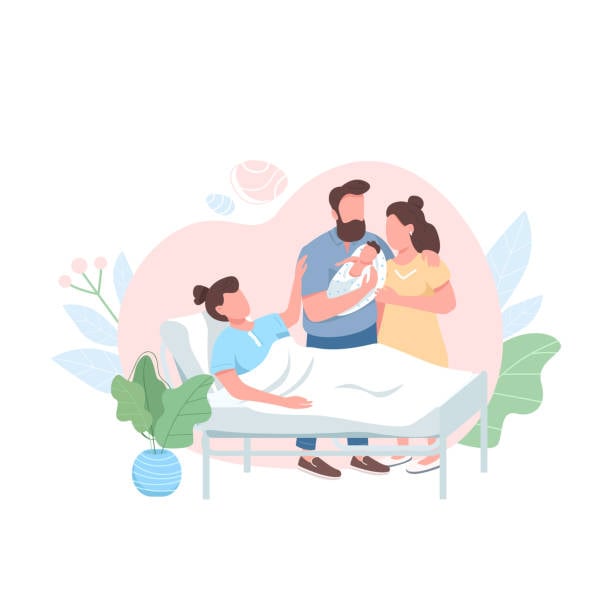Fertility issues affect millions of people around the world, and some opt to find an egg or sperm donor as a way to conceive. The process of finding a viable donor often presents its own unique challenges, such as ensuring that the rights of both parties are respected, as well as considering the mental and physical health implications for everyone involved. This article will cover key factors to be addressed when navigating this complex journey.
Choosing a Reputable Clinic or Facility
Selecting a respectable surrogacy or facility is one of the most crucial steps in finding a sperm or egg donor. It is essential for prospective parents to partner with accredited medical facilities that have stringent protocols in place and are willing to assist you every step of the way.
A reputable clinic should maintain high ethical standards and adhere strictly to state and federal regulations. It is recommended to do your research by reading online reviews from other patients who have used their services, consult third-party accreditation organizations that evaluate these facilities, and seek recommendations from friends, family members, or healthcare professionals.
Criteria for Selecting Donors
When selecting a sperm or egg donor, it is essential that both donors and recipients meet certain basic criteria determined by clinics. Clinics usually conduct comprehensive evaluations during which donors undergo extensive screening tests including genetic screening panels and infectious disease testing. To ensure compatibility with the recipient, the journey begins with confirming compatibility between donors and recipients based on specific blood type compatibility guidelines.
Beyond these requisite medical screenings, prospective parents may also choose donors based on various factors such as ethnicity, family history, educational background, personal interests or physical traits like height and eye color. These preferences should be carefully considered while keeping in mind what really matters – building a loving family.
Legal and Ethical Considerations
The legal landscape surrounding assisted reproductive technology (ART) is complex and varies by region, with some states and countries offering more protection to donors, recipients, and the resulting children than others. It is highly recommended that you consult with an attorney or legal expert knowledgeable about ART law for guidance in your specific situation.
One of the main legal concerns involves anonymity. Some donor agreements ensure the donors anonymity, while others allow for varying degrees of identifying information exchange between donors and recipients. In certain cases, a potential child may have the right to identify their biological parents once they reach a certain age. Carefully consider whether or not you want to maintain anonymity when choosing a pathway to parenthood through donation.
It is equally essential to establish clear terms regarding custody rights from the outset. While sperm and egg donors generally forfeit any parental rights once their donation has been used in an ART procedure, explicitly outlining these details in a legally-binding agreement can help avoid future disputes.
Emotional Support During the Process
Finding an egg or sperm donor can be an emotional rollercoaster for all parties involved, especially for individuals who had imagined conceiving naturally throughout their lives. As such, it is important to keep communication channels open during this sensitive journey. Donor recipients should give thought to sharing their plans with only trusted friends or family members at first; confiding in a small support network will help them effectively manage potential stressors before making decisions as private as selecting a viable donor.
In addition, working with mental health professionals who specialize in fertility counseling can provide invaluable guidance and support throughout this emotionally-charged process. Mental-health experts are well-equipped to handle questions around grief related to fertility and relationship stressors that may arise as part of finding an egg or sperm donor.
Financial Preparation
The financial aspects of assisted reproduction are often overlooked but play a significant role in the decision-making process. Consult with your financial advisor or health insurance provider to determine what—if any—part of the procedure will be covered by your insurance plan and whether you can afford associated costs.
If you require additional help funding your fertility journey, explore available grants or scholarships offered by non-profit organizations dedicated to supporting individuals facing fertility obstacles. Crowd-funding platforms can also be leveraged as an opportunity for friends, family members, or even strangers to contribute and express support for your dream to expand your family.
Conclusion
As evidenced above, navigating the complex process of finding a suitable egg or sperm donor demands careful consideration from multiple perspectives. By selecting a reputable facility, understanding legal requirements, seeking emotional support, and making sound financial preparations, prospective parents can approach this sensitive journey with caution while staying eagerly optimistic about the possibilities that lay ahead in realizing their dream of creating a loving family.

